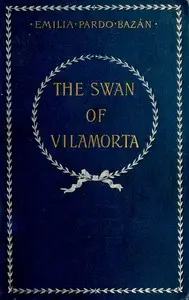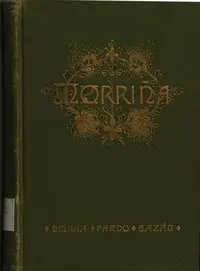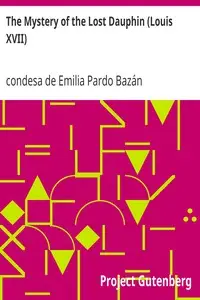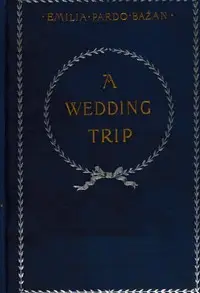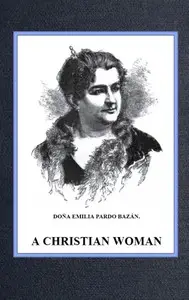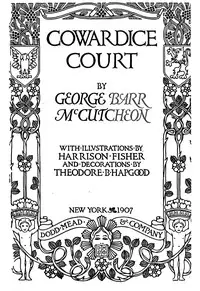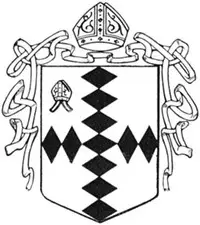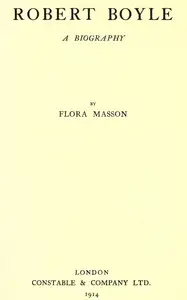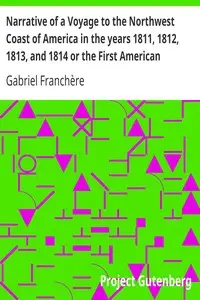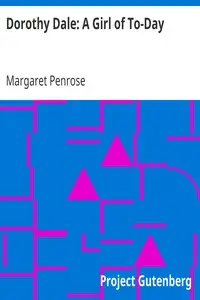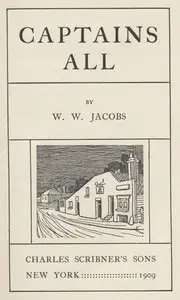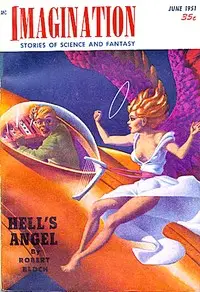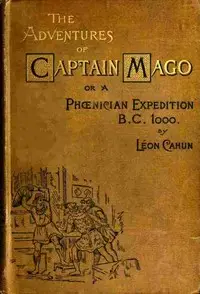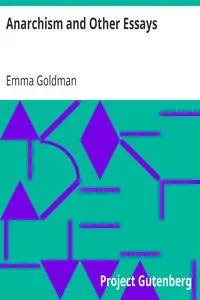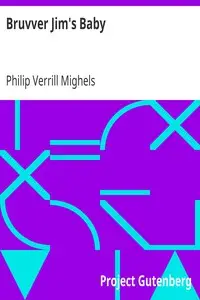"Russia: Its People and Its Literature" by Emilia Pardo Bazán is a critical survey of Russian literature written in the late 19th century. The work seeks to explore the intricate connections between Russian literature and its social and historical context, focusing on the evolution of the Russian people and their literary achievements. Through this examination, the author aims to provide insights into the significant literary movements and authors that have shaped Russian literature, illuminating a cultural panorama rich with significance. The opening of the text lays the groundwork for a comprehensive exploration of Russian cultural and literary history, beginning with a personal note from the author about her inspirations and intentions. Pardo Bazán reflects on her initial exposure to the works of Russian authors and the profound impact they made on her worldview, igniting a desire to understand the socio-political environment that birthed such literature. She acknowledges her limitations, particularly her inability to read Russian, while articulating an assessment of the interconnectedness of Russian social classes, history, and the innovative literary movements present in works by authors like Dostoevsky. Through her structured approach, she promises to navigate the vast realm of Russian literature, aligning it with the movements of Nihilism and the evolution of the Russian novel, setting the stage for a detailed and thoughtful analysis throughout the rest of the work. (This is an automatically generated summary.)
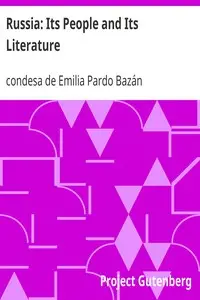
Russia: Its People and Its Literature
By Emilia Pardo Bazán
"Russia: Its People and Its Literature" by Emilia Pardo Bazán is a critical survey of Russian literature written in the late 19th century. The work se...
Genres
Released
2012-11-26
Formats
epub
epub3 (images)
epub (images)
mobi (images)
mobi
Free Download
Overview
About the Author
Emilia Pardo Bazán y de la Rúa-Figueroa, Countess of Pardo Bazán was a Spanish novelist, journalist, literary critic, poet, playwright, translator, editor and professor. Her naturalism and descriptions of reality, as well as her feminist ideas embedded in her work, made her one of the most influential and best-known female writers of her era. Her ideas about women's rights in education also made her a prominent feminist figure.
Total Reviews
10.0k
Total reviews from Goodreads may change

